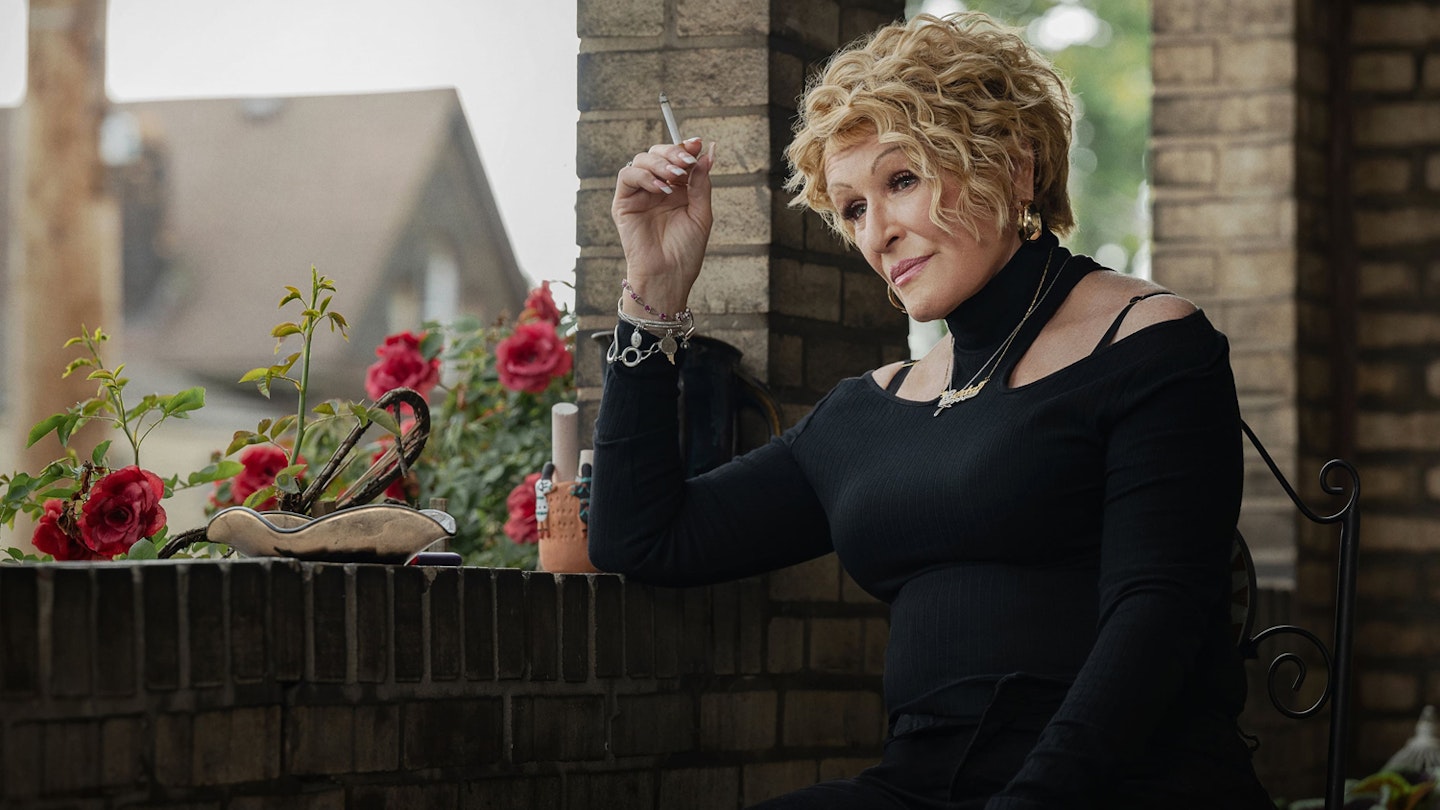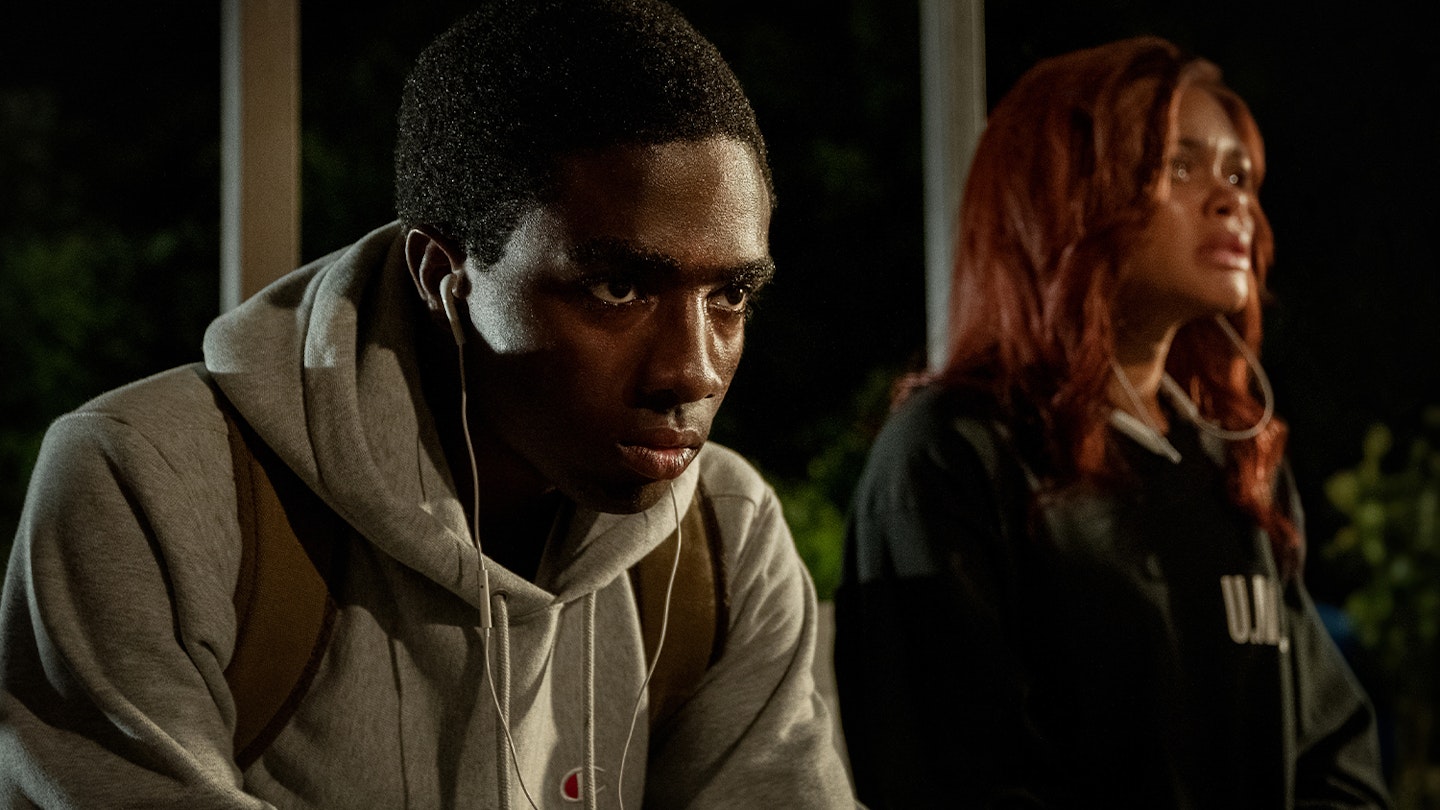There’s a line from Glenn Close in the third act of Lee Daniels’ possession horror The Deliverance that is undeniably gasp-worthy — a gratuitous piece of unholy dialogue that would be eyebrow-raising anyway, let alone when delivered by an EGOT nominee sporting pointy teeth and demon claws. Whether that line falls on the side of so-wild-it’s-kind-of-great, or just-plain-cringe, it is at least attention-grabbing — which sadly can’t be said for the rest of The Deliverance’s denouement.

The intention is interesting. Daniels — previously behind Precious, The Butler, and most recently The United States Vs. Billie Holiday — places a rare Black lens on the possession-horror subgenre, exploring the trials of single mother Ebony (Andra Day, impressive here as she was in Daniels’ similarly muddled Billie Holiday). Her predicament is already precarious: she’s previously spent time in prison; she has issues with alcohol; she’s raising three kids while funding her mother’s (Glenn Close) cancer treatment; social services are constantly circling. She’s battling demons long before any actual demons enter the picture — and when supernatural manifestations do arise, the results paint her as a poor mother. Are the marks on her children’s bodies a product of neglectful parenting, or a spiritual evil?
The Deliverance struggles to do anything new with horror’s most familiar subgenre.
Before the supernatural stakes really kick in, the human drama admirably attempts to touch on a vast array of topics — addiction, cultural appropriation, the impact of the AIDS epidemic on the Black community. But it overreaches, pushing in too many directions at once. The stacked cast — Daniels reunites with Precious star Mo’Nique, here playing social-services worker Cynthia; Aunjanue Ellis-Taylor is the not-exorcist ‘Deliverer’ who offers divine intervention; Stranger Things’ Caleb McLaughlin is Ebony’s oldest son Nate — are underserved by the material, with an overly prescriptive screenplay that deals in blunt exposition, seemingly aimed at phone-distracted viewers.
When the possession stuff does kick in, The Deliverance struggles to do anything new with horror’s most familiar subgenre. Anyone playing demonic bingo will fill their card quickly: kids say ominous things; eyes turn black; bodies contort; walls are inexplicably climbed; foreign languages are suddenly spoken. There are effective sequences — a sibling drowning attempt is squirm-inducing, while the sight of lactose-intolerant kid Andre (Anthony B. Jenkins) chugging milk in a trance is oddly unsettling. But the silliness of the spooky finale feels at odds with the seriousness of the rest of the drama. And since that side of the film was already unfocused, you find yourself wishing that the rest of The Deliverance contained a little more of whatever possessed Glenn Close to say that line.
